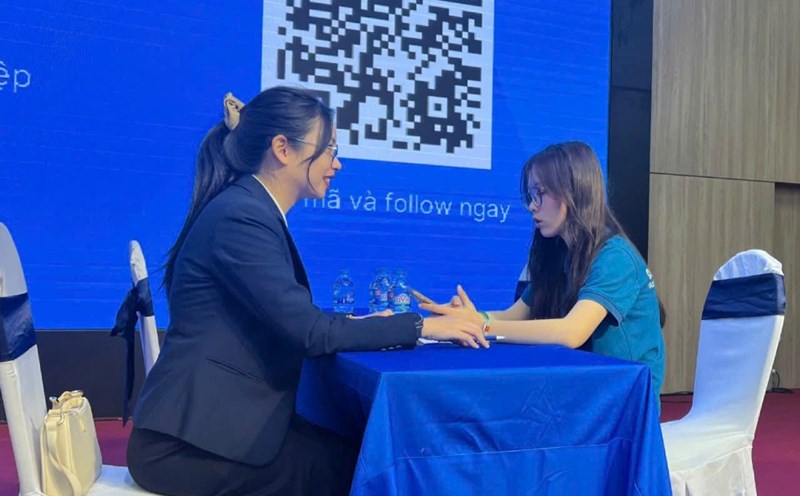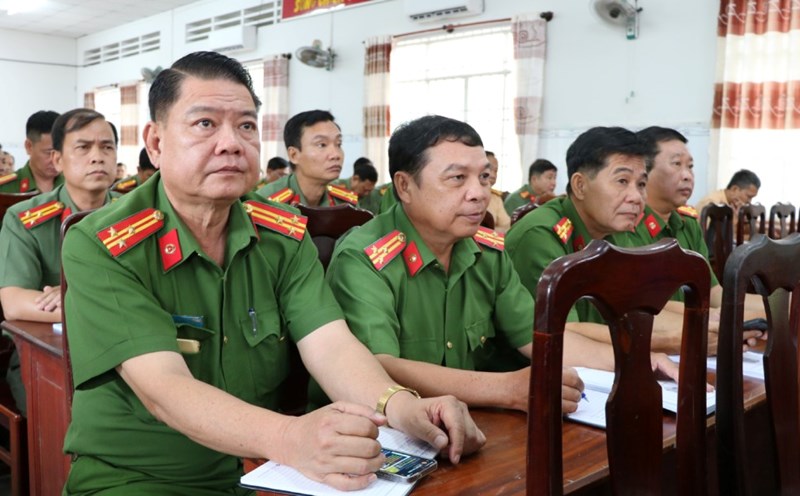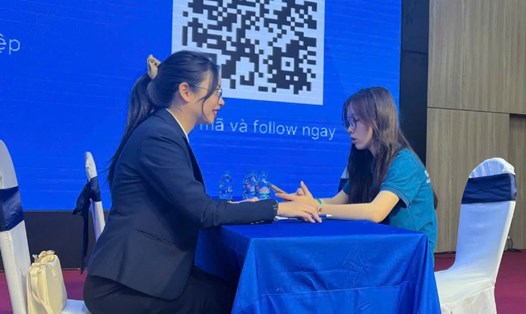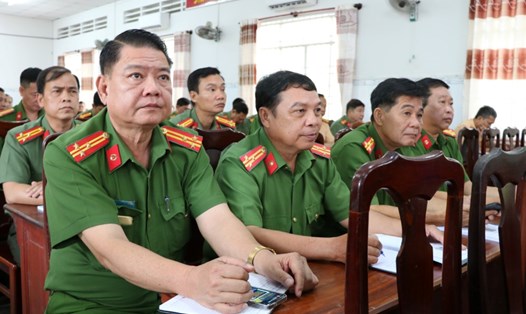On November 21, continuing the 10th Session, the National Assembly discussed in the hall the draft Law on High Technology (amended) and the draft Law amending and supplementing a number of articles of the Law on Technology Transfer.
Interested in the policy of promoting the development of enterprises producing high-tech products and strategic technology in the draft Law on High Technology (amended), delegate Tran Anh Tuan (National Assembly delegation of Ho Chi Minh City) found that the draft Law has clearly distinguished which products are high-tech products and which products are strategic technology products.
However, there are no separate incentives in the incentive policy. This delegate said that there should be a mechanism for sharing risks for strategic products created by strategic technologies; it is necessary to distinguish between the level of incentive policies for the production of high-tech products and strategic technology products.
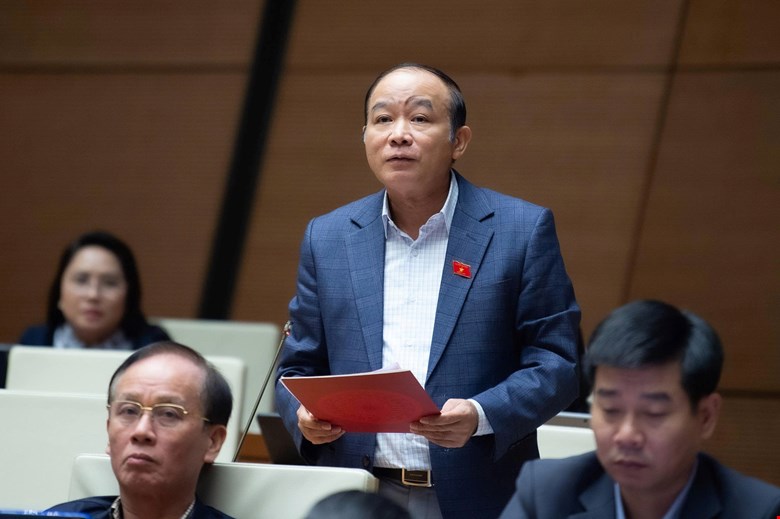
Also interested in the policy of promoting the development of high-tech and strategic technology enterprises, delegate La Thanh Tan (Hai Phong City National Assembly delegation) proposed to consider adding additional contents to stipulate whether the two types of enterprises above are considered a type of high-level science and technology enterprises and if so, there should be preferential policies.
Explaining the issues of concern to delegates, Minister of Science and Technology Nguyen Manh Hung said that the Law on High Technology plays a role in identifying priority development subjects, while the Law on Technology Transfer regulates commercialization, governance and market development activities.
The Minister said that this draft law expands the scope of regulation to new technology subjects such as design, data, artificial intelligence (AI) and allows the application of a controlled testing mechanism (sandbox).
Notably, to prevent the situation of "fake raising" values or importing outdated technology, causing environmental damage, state management agencies will strengthen post-inspection work with strong sanctions, and at the same time decentralize appraisal to localities based on a set of national unified criteria.
The core goal is to support intermediary organizations, connect capital supply and demand and promote technology from research to commercial products.
Concluding this content, Vice Chairman of the National Assembly Le Minh Hoan emphasized that draft laws associated with science, technology and innovation need to open up a smooth legal ecosystem, where technology is seen as a new water flow leading into fields, factories, schools, hospitals and diverse, essential needs of social life.
The Vice Chairman of the National Assembly noted that technology transfer does not stop at commercial sales but is a journey of receiving, absorbing and regenerating so that imported technology does not lie still in the laboratory but enters life, becoming productivity, becoming quality, becoming added value.

